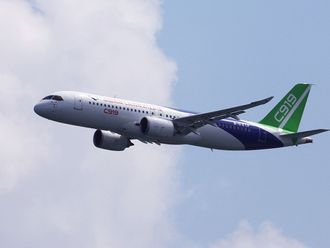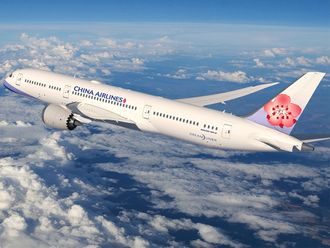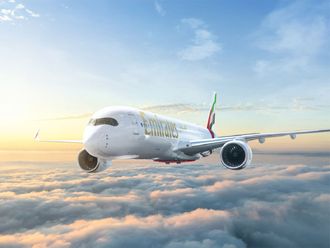Dubai: Airfare surcharges for peak seasonal travel periods are unlikely to have a major impact on the final ticket price as it is largely determined by market demand.
Peak season surcharges will, however, allow airlines to appear to be more competitive on pricing than their rivals by advertising cheaper base fares.
“Having separate taxes and surcharges could allow an airline to advertise a lower base fare that then creeps up once compulsory items are included,” stated Will Horton, senior analyst at CAPA — Centre for Aviation.
Qantas and Emirates recently introduced a weekend surcharge on select routes as well as a peak seasonal surcharge on tickets issued in Australia during busy periods such as Christmas.
Defending the surcharge, a Qantas spokesperson stated that, “peak surcharges are very common in the airline industry and don’t change the fact that we remain extremely competitive in terms of our offering”.
Not all airlines will be introducing peak period surcharges — a Lufthansa spokesperson said that there are no plans — however, airlines will still compete on pricing.
“We leave the peak season [pricing] totally to the demand of the customers,” the spokesperson said.
Competitive
When asked about the peak season charges, a British Airways spokesperson said: “We aim to be competitive at all times and offer value for money in every country we fly to”.
Virgin Australia said there are no plans to break down its fare structure with a peak season surcharge, though it is obliged to add a 5 Australian dollar fee on Friday and Saturday flights due to its partnership with Etihad.
Virgin Australia operates three weekly flights from Australia (Sydney) to Abu Dhabi, one on Friday and two on Saturday.
“Virgin Australia currently doesn’t apply any peak season surcharges to our fares. We continually review our pricing structure to ensure we remain competitive, however we have no current plans to implement these surcharges,” a Virgin Australia spokesperson said.












